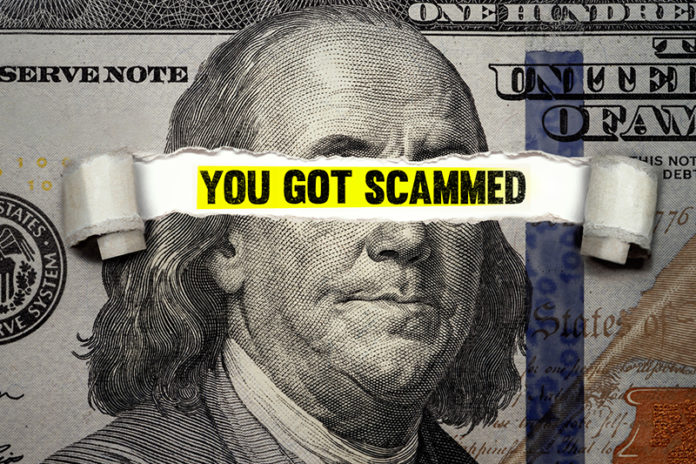Charles Ponzi did not invent the Ponzi scheme. The idea of paying off one set of investors with the money provided by later investors had been around a long time before he adopted it. But Ponzi was so brazen and successful (for a while) in this ruse that his name became a permanent synonym for it.
It should only be a matter of time before Donald Trump achieves similar immortality by the use of his surname as a term for “fraud” in any form. Over his thoroughly sleazy business and political careers, he has proven that you can trust what he says — to be phony.
The latest confirmation of his unvarying proclivity came from someone well-positioned to know. Like most people who have done business with Trump, the people at the accounting firm Mazars USA regret the experience. This month, they informed the Trump Organization that they could no longer vouch for the accuracy of the financial statements they had prepared for the company from 2011 to 2020.
In a court filing, Mazars said it reached this conclusion because of new information about the Trump Organization’s finances obtained from “internal and external sources.” It also attested that it had “become aware of departures from accounting principles generally accepted in the United States of America.” Obviously it dawned on the accountants that in his dealings with them, Trump had not been confined to the bounds of truth.
The filing came about in response to an investigation by New York Attorney General Letitia James, who has already disclosed some of the untruths told by the Trump Organization — such as claiming that Trump’s gilded penthouse apartment in Manhattan took up 30,000 square feet and was worth $327 million. In reality, it’s 11,000 square feet and, according to the company’s former chief financial officer, worth more like $127 million.
This latest development will stun anyone who has been in a coma for the past few decades.
Insatiable duplicity, for Trump, is not merely a habit; it’s a business strategy, a way of life and an unbreakable addiction.
This is the guy who in 2001 put up a building with 70 floors that he advertised as having 90. “I chose 90 because I thought it was a good number,” he explained.
His fraudulent ways are a matter of voluminous public record. In 2019, his supposedly charitable foundation was forced to close, pay a $2 million fine and surrender its remaining funds. That resulted from a lawsuit by the previous New York attorney general alleging “improper and extensive political activity, repeated and willful self-dealing transactions, and failure to follow basic fiduciary obligations.”
He also spent $25 million to settle a lawsuit against Trump University, which had as much in common with real universities as astrology has with astronomy. The aggrieved students said they had paid thousands of dollars for courses that turned out to be worthless.
His life has been an exercise in deceptive advertising. When journalist Jonathan Greenberg was reporting for the Forbes 400 ranking of the richest Americans in the 1980s, he concluded, after investigating what Trump told him, that the so-called billionaire was worth just $200 million.
Even that figure, Greenberg later found, was grossly inflated. “Trump was so competent in conning me that, until 35 years later, I did not know I’d been conned,” he wrote in 2018.
What he learned in business translated beautifully into politics. Running in 2016, he assured gullible legions that he would build a wall and make Mexico pay for it, pay off the national debt, close the trade deficit, create a “fantastic” new health insurance program and sue the women who accused him of sexual assault and harassment. None of it came true.
Trump lied from the start of his term, sending his press secretary out to insist that his inauguration crowd was bigger than Barack Obama’s, to the end, when he was still asserting that the 2020 election was stolen from him. He’s continued his campaign of calumny ever since.
Why wouldn’t he? Lying has always worked for him, and it’s still working: Only 28% of Republicans believe Joe Biden was legitimately elected, according to a January YouGov poll.
A majority of GOP voters, a February CNN poll found, want Trump to be their nominee in 2024.
As a con artist supreme, Trump surpasses Bernie Madoff, who bilked investors out of as much as $65 billion. But after being ruthlessly fleeced, Madoff’s victims didn’t line up to be fleeced again.






























